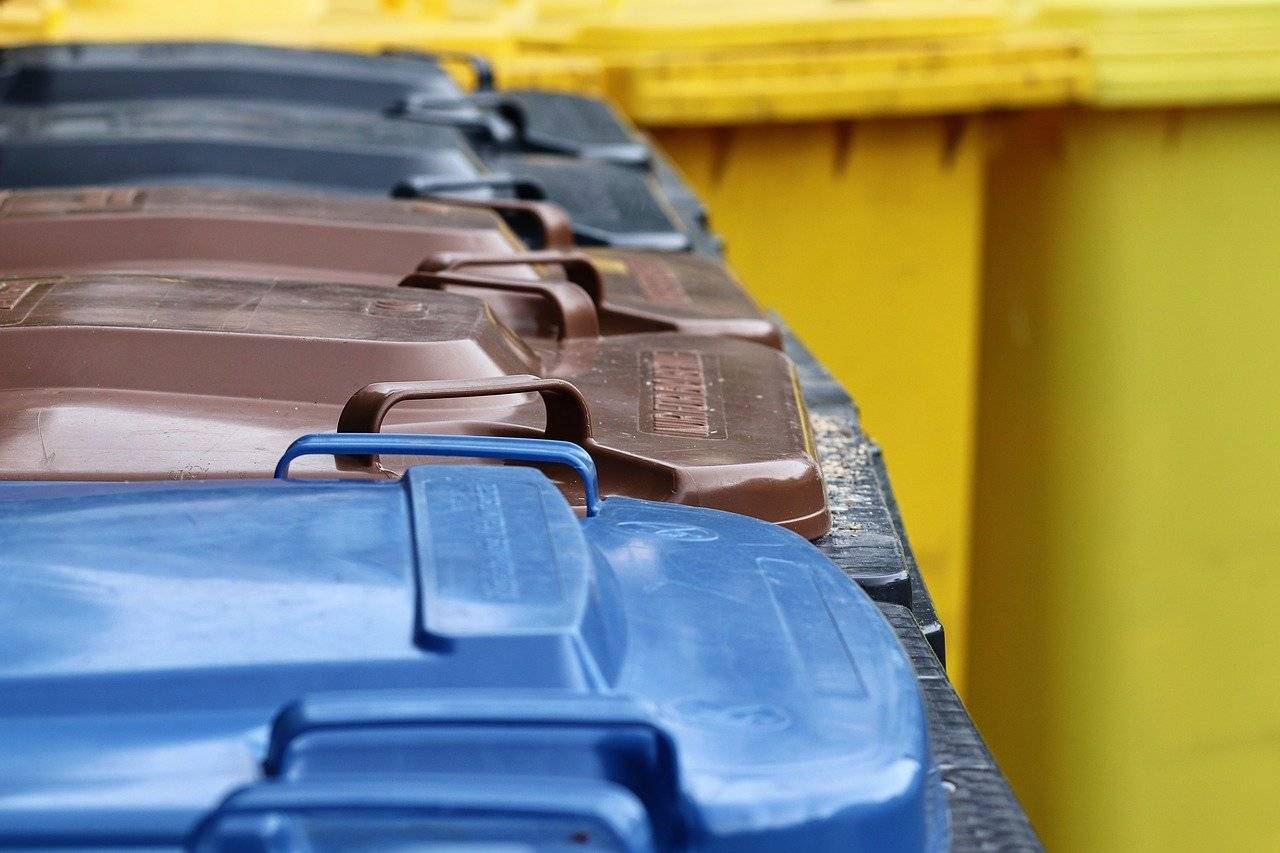Poland is the last country in the European Union that has not yet implemented the Extended Producer Responsibility (EPR) system. As a result, the costs of managing packaging waste are mainly borne by residents, and the organizational responsibility falls on municipalities. They are also required to meet legally specified recycling levels. This year, many municipalities may struggle with this, posing the risk of fines. Introducing a deposit system without first or simultaneously implementing EPR could lead to further problems for municipalities. “It is necessary to tighten the system,” emphasizes Olga Goitowska from the Gdańsk City Hall.
“The costs of waste collection and management, currently borne by residents, include 100% of the costs of maintaining the entire system. For a city with a population of half a million, the costs amount to 200 million PLN per year. In our opinion, this absolutely needs to change,” says Olga Goitowska, Director of the Municipal Economy Department at the Gdańsk City Hall and Chair of the Waste Management Team in the Union of Polish Metropolises (UMP), to Newseria Biznes.
The aim of EPR is to change this situation, based on the “polluter pays” principle. Entities placing products on the market, including packaging, will bear financial or financial and organizational responsibility during the product’s lifecycle, when it becomes waste. Poland has not yet implemented this system. The Polish Recycling Association estimates that the lack of EPR results in a shortfall of at least 5 billion PLN in the waste management system from the so-called packaging fee. Consequently, rising costs may be passed on to residents.
“When a product in packaging is introduced to the market, the introducer should pay a packaging fee to support the waste management system. This fee should cover 100% of the actual costs currently borne by municipalities, and thus residents, so that costs are reimbursed to municipal systems. In this way, the cost of waste management paid by residents to municipalities should at worst not increase and at best decrease,” explains the expert.
In the new model, consumers will effectively pay for packaging waste management when purchasing the product. This could increase their environmental awareness.
“When dealing with recyclable or reusable packaging, the packaging fee should be relatively lower. If the packaging is not recyclable, the fee should be higher. Therefore, as customers, we will be able to choose products based on their packaging: whether we buy a more expensive, less ecological product or a cheaper, more ecological one,” argues Olga Goitowska.
According to the “2023 Buying Green Report,” 82% of consumers in Europe and the Americas are willing to pay a higher price for a product with sustainable packaging, with the highest willingness among younger consumers (90%). Additionally, 63% of respondents indicated they are less likely to purchase products in environmentally harmful packaging.
UMP experts emphasize that implementing EPR is urgently needed and should precede the introduction of the deposit system, which is scheduled to start on January 1, 2025. According to Olga Goitowska, although the deposit system completes the waste cycle and improves selective collection, without EPR and additional funding from the packaging fee, it will not fully achieve its role. Separating these two regulations is considered a serious mistake by municipal representatives.
“EU regulations require member states to have a deposit system only from 2029. Therefore, we have ample time to improve the quality and efficiency of selective collection. By imposing EPR, we would simply have more packaging suitable for recycling and easier to segregate at home,” argues the Director of the Municipal Economy Department at the Gdańsk City Hall. “Currently, the system’s universality and the convenience for residents to dispose of waste are functioning well in municipalities.”
Work on the final shape of the deposit system is ongoing. Local government organizations fear that its introduction will complicate the existing selective collection and recycling systems in municipalities.
“In our households, we will no longer be able to crush PET bottles or aluminum cans, but we will have to leave them uncrushed, collect them separately, and take them to deposit machines to recover the deposit. We can also throw such bottles or cans into municipal containers, and they will be recycled, but we must remember that the unreturned deposit goes back to the system operator. Therefore, if we buy a deposit-bearing bottle, let’s try to return it and recover the deposit, so the money is not lost in this way,” says the UMP expert.
Previous deposit system drafts did not include reducing the municipalities’ recycling obligations while limiting access to the waste stream. UMP proposed during consultations that waste shifted from municipal systems to the deposit system should count towards the recycling targets that municipalities are required to meet.
According to GUS data, between 2020 and 2022, Polish municipalities recycled about 27% of all municipal waste. This is insufficient considering EU requirements – by 2025, it should be 55%, and by 2035, 65%. The limits are challenging to meet, especially since municipalities have no control over the composition of waste delivered to processing facilities. Failure to meet the required limits means hefty fines.
“This year, we must achieve a 45% preparation for reuse and recycling level. On average, municipalities achieve just over 30% recycling, so we must expect that the vast majority of municipalities will face fines for not meeting these levels. This is the biggest problem,” emphasizes Olga Goitowska. “Fines for not meeting these levels can only be paid from the municipal budget. For a city with a population of half a million, one percentage point short of the required level costs 700,000 PLN. This is lost money that cannot be used for sidewalk repairs or school renovations. The biggest challenge is to tighten the system so that municipalities bear the least financial responsibility for not meeting the levels.”
